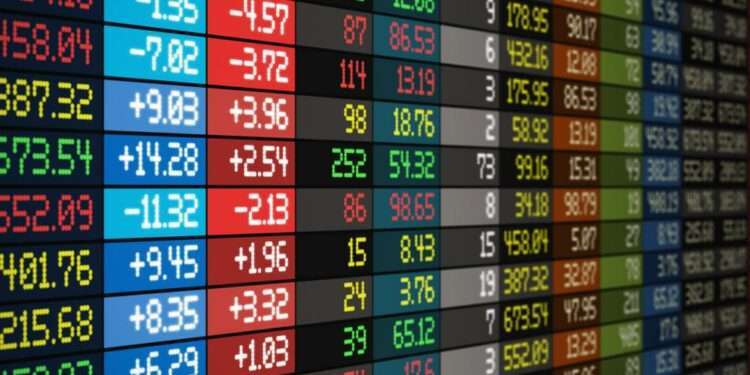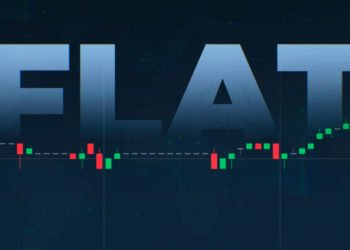Amidst the backdrop of Ghana’s bustling financial markets, the recent slowdown in the secondary bond market has become a focal point for investors and analysts alike.
The decline In trading activity, totaling a notable 16.25% drop in volume, equating to GH¢1.33 billion within a week, has sparked discussions about the underlying factors driving this trend.
Delving deeper into the market dynamics reveals that a significant portion of this reduced turnover, accounting for approximately 76%, can be attributed to transactions involving the February 2028 and February 2029 papers, each offering attractive coupons of 8.50% and 8.65% respectively.
These bonds have emerged as focal points within the subdued landscape of bond trading, capturing the attention of investors seeking both stability and returns.
However, amidst the sluggish performance of bond trading, the local currency (LCY) yield curve has charted a surprising course, experiencing a downward shift.
This shift is exemplified by the average Yield-To-Maturity on the 2027-2030 papers witnessing a notable decrease to 19.13%, marking a significant -198 basis points shift. Similarly, the 2035-2038 papers retraced to 17.07%, albeit with a more modest -14 basis points adjustment.
Analysts have pointed to several factors driving this unexpected reversal in the yield curve. Shifting investor preferences, influenced by prevailing market dynamics, play a significant role.
Notably, investors have increasingly turned towards treasury bills as they seek to optimize investment returns. This trend gains momentum against the backdrop of declining T-bill yields, further fueling the sluggishness in bond market activity.
In parallel with these market shifts, the government has outlined ambitious plans to raise GH¢4.87 billion through 91-day to 364-day bills, aimed at refinancing GH¢4.15 billion worth of maturing bills.
While this initiative aims to address short-term financing needs, analysts caution that the relatively high auction target, reflecting a 6.06% increase week-on-week, could potentially exert upside pressures on yields in the near term.
Market participants are keenly aware of the implications of these shifts and remain vigilant as they steer the evolving landscape. Monitoring shifts in investor sentiment and government policy decisions is paramount, as these factors significantly influence market dynamics.
Despite the current period of subdued activity, the Ghanaian bond market remains a focal point for investors seeking to navigate the intricate interplay of economic factors and market forces.
As stakeholders adapt to these changes, they will continue to assess opportunities and risks, strategically positioning themselves to capitalize on evolving dynamics.
Stock Market Performance
Meanwhile, in Tuesday’s trading session on the Ghana Stock Exchange (GSE), SOGECH took center stage, asserting its dominance as the most actively traded stock.
With an impressive volume of 228,690 shares, SOGECH outpaced its closest contender, DASPHARMA, which traded 52,397 shares. Notably, the value of SOGECH’s transactions stood at GH¢17,291.01, underscoring its significance in the day’s trading activity.
Following closely behind, MTNGH, ETI, and GOIL emerged as notable players, rounding off the top 5 traded stocks on the exchange. The collective trading activity saw a substantial surge, with 380,470 shares changing hands, marking a remarkable increase of 71.87% compared to the previous session. Correspondingly, the traded value surged to GH¢550,749.37, reflecting a robust uptick of 70.51%.
Despite the fervent trading environment, BOPP experienced a slight dip of GH¢0.03, concluding the day’s trading at GH¢21.53. Consequently, the market capitalization retreated to a lower mark of GH¢74,504.96 billion, highlighting the nuanced dynamics at play within the exchange.
The GSE-Composite Index for the day, experienced a marginal decrease of 0.03 points, settling at 3,177.50 points, it maintained a year-to-date return of 1.51%. Conversely, the GSE Financial Stocks Index remained unchanged, closing at 1,910.16 points.
While challenges persist, the resilience of Ghana’s financial markets underscores the potential for growth and stability in the long run. By staying attuned to market shifts and adopting flexible strategies, investors can go through uncertainties and harness opportunities for sustainable growth and prosperity.
READ ALSO: “Impeachment Politics” Set Concerning Precedent In Election Year





















